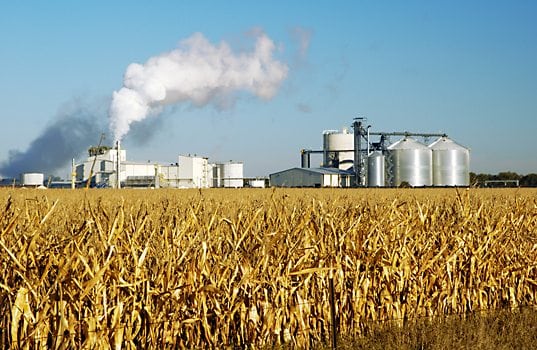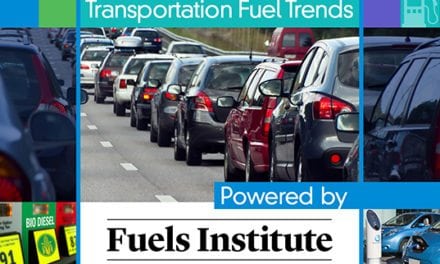As the EPA finalizes ethanol volumes for 2019 and biodiesel volumes for 2020 under the Renewable Fuel Standard, the American Petroleum Institute urged the agency to protect consumers from the ethanol blendwall and to continue to reject efforts by some to reallocate volumes from small refinery exemptions.
“Automakers have warned these increased blends of ethanol could void car warranties,” said API Vice President of Downstream and Industry Operations Frank Macchiarola. “Testing found that higher ethanol blends, such as E15,could harm engines and fuel systems and potentially impose costly repairs on consumers. Nearly 75 percent of the vehicles on the road in the U.S. today were not built for E15 fuels. And, these blends are not compatible with motorcycles, boats, lawn equipment, and ATVs.
“Consumers need to know that the RFS is a prime example of the government putting its thumb on the scale and picking winners and losers. Implementing this broken program year after year is not a practical energy strategy for our future. The reality is that market forces, technological innovations and investments by the oil and natural gas industry have combined to necessitate reforms to this RFS program.”
In the meantime, to limit the effects of the RFS, API urges EPA to set its final 2019 RFS obligations for ethanol at or below 9.7 percent of gasoline demand, an amount that allows for E0 sales and recognizes the vehicle and infrastructure constraints that limit the ability to use E15 and E85. EPA should also ensure that volumes from small refinery exemptions are not reallocated to other refiners, which only exacerbates the unlevel playing field created by the RFS.








